Bond of brothers: from Iran to Rhine-Ruhr
ESSEN – Twins Saeed and Navid All Gharee have travelled further than most of the 10,000 volunteers helping to run the Rhine-Ruhr FISU World University Games. The Iranian siblings are now happy giving something back to the country and people who have taken them in.
For the past week you could find these upbeat Iranians on duty deep inside Messe Essen, helping spectators to find their feet at taekwondo.
“You can say we are like a team – a dream team,” Saeed told the FISU Games News Service.
“Although there are some challenges, at the end we are just like two stones trapped in the same box and we hit each other all the time. But the end result is that we are two shining stones.”
Born in Iran, the twins moved to Germany three years ago and now live in Dortmund, where they remain inseparable. They started the same study programme and now also work the same job.
“We feel like Dortmund is our home town,” Saeed said. “After two days of living here it felt like two years, except for knowing German, of course.”
Navid, too, seems to have found his home away from home.
“We see ourselves more as locals – I feel more integrated here than in my country,” he said. “We feel part of a great family. We enjoy being here, seeing all the athletes and different cultures, and talking to people from different countries.
“A great thing about being here is that in the whole week, I can put the studies and work aside and just live in the moment and not worry about anything at all.”
Alongside their love for their new environment, the pair are embracing their role on the sidelines of the taekwondo mat at the FISU World University Games.
“On TV, the match is the only thing you see but it’s far more interesting to be behind-the-scenes, seeing what happens and how athletes feel,” Saeed said.
“In taekwondo, what I was seeing was just two people punching each other. But now I see how they talk, how they feel. And I feel like I’m dealing with humans here.”
Pin connection
Breaking through the language barrier is a common challenge at international sport events, and Rhine-Ruhr 2025 is no different. Over the past week, spectators and student-athletes alike have found a way to communicate beyond words: by exchanging metal pin badges. The accreditation ribbon around Saeed’s neck is full of them.
“To get pins, you have to do two things: either exchange it or give it as a gift,” Saeed said. “I was lucky enough that people from different countries gave it to me as a gift, so I have so many badges here.”
It always helps the collection if, like Saeed, you can speak a few words in over 10 different languages.
“If you know a little word from a different language, they become your best friends,” he said. “They find you someone familiar, they find you the best one, and they give you the pins.”
Although Saeed and Navid feel settled in Germany, they still think of home, even if they have no immediate prospect of visiting Iran.
“It is very difficult nowadays because of the conflict,” Saeed said. “I don’t understand it. I talked to people from different countries and there’s no conflict between me and them. We have no problems with each other, but I don’t know what happens between governments.”
The twins know only too well that when you are two stones trapped in the same box, it doesn’t pay to be constantly rubbing up against one another.
“When one of us gets tired or feels demotivated, the other one pulls him back on track,” Navid said.
A lesson from Rhine-Ruhr to the world, told on the edge of taekwondo.
FGNS pbh/ph/mb
Photo: © Steffie Wunderl / Rhine-Ruhr 2025

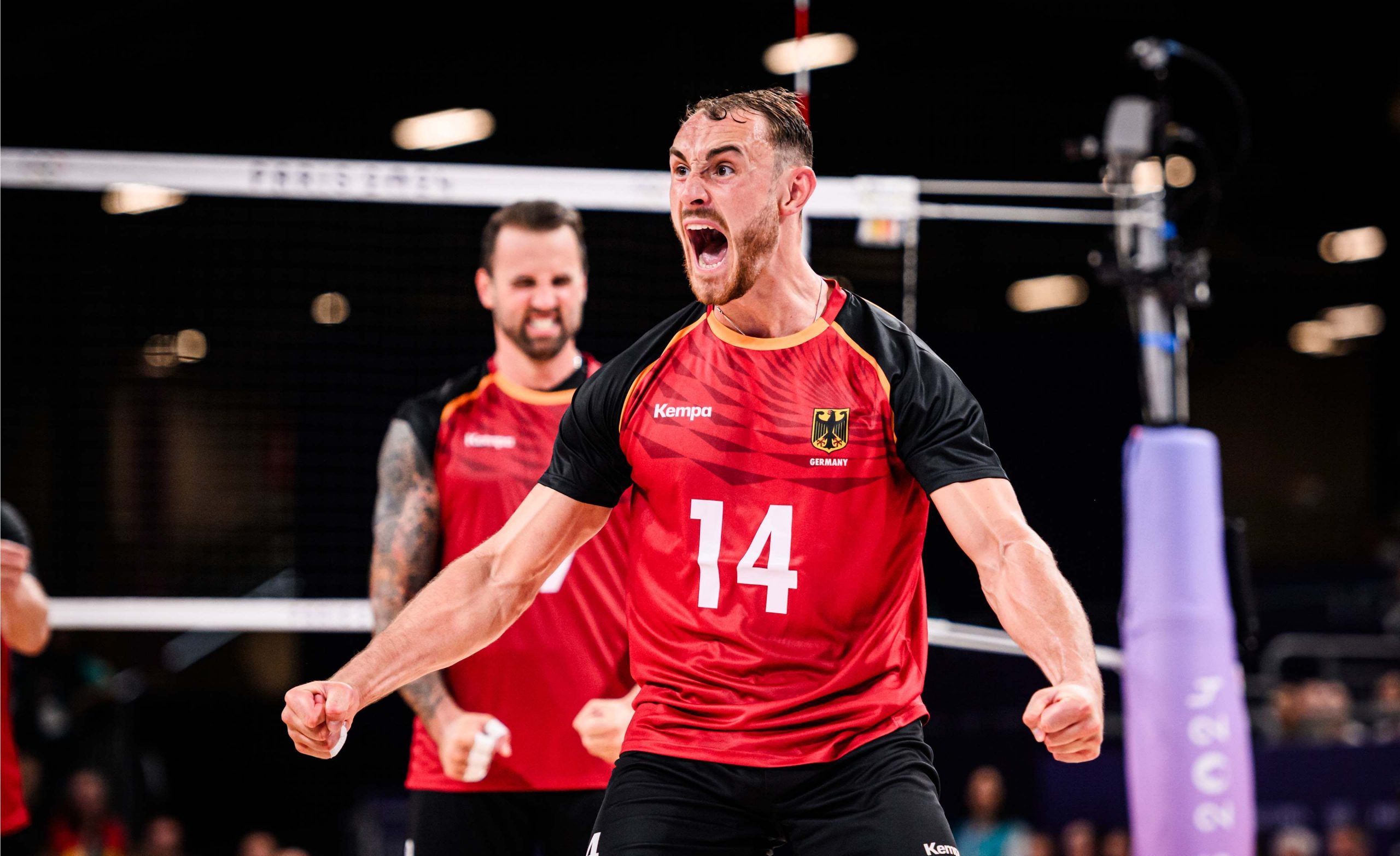
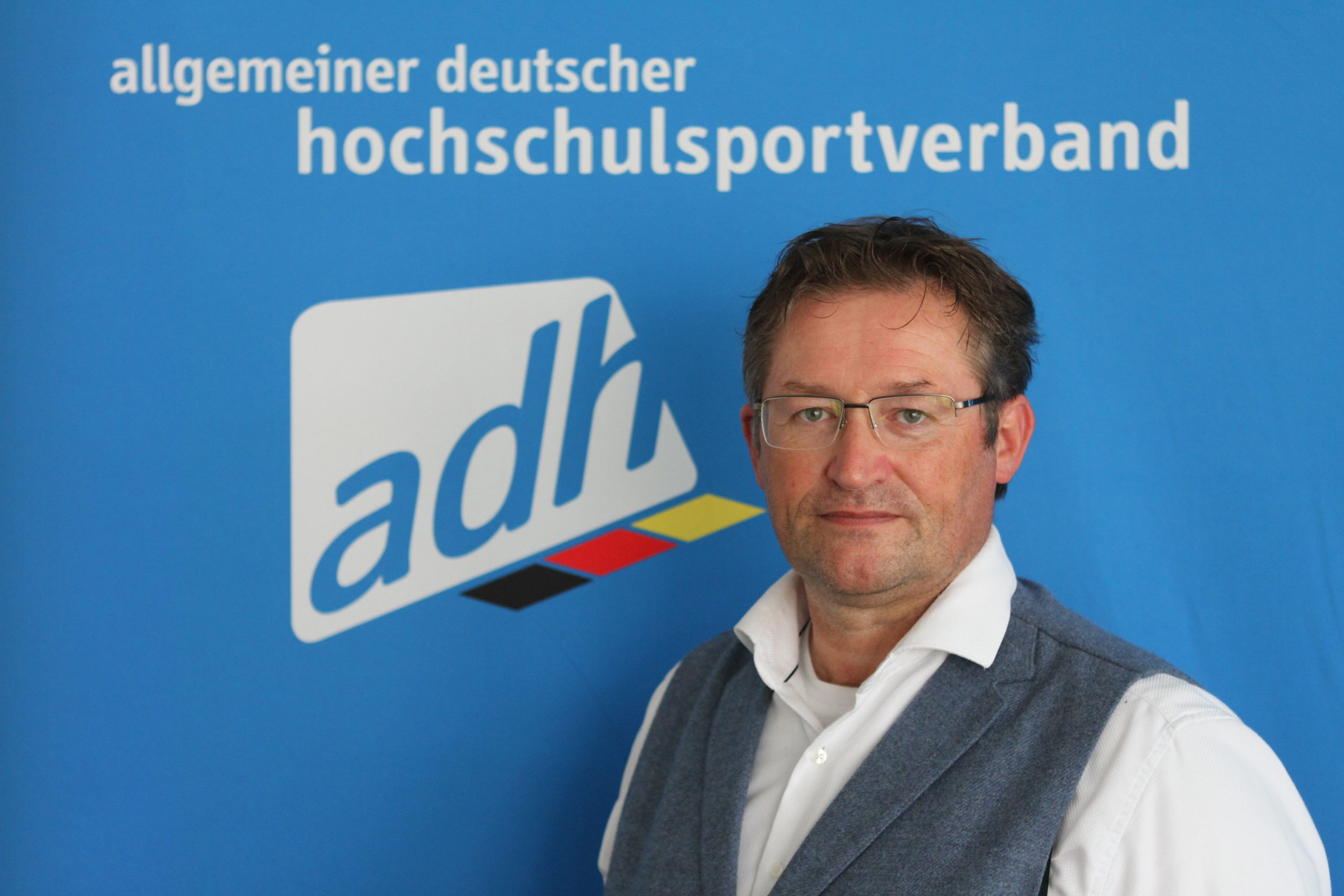
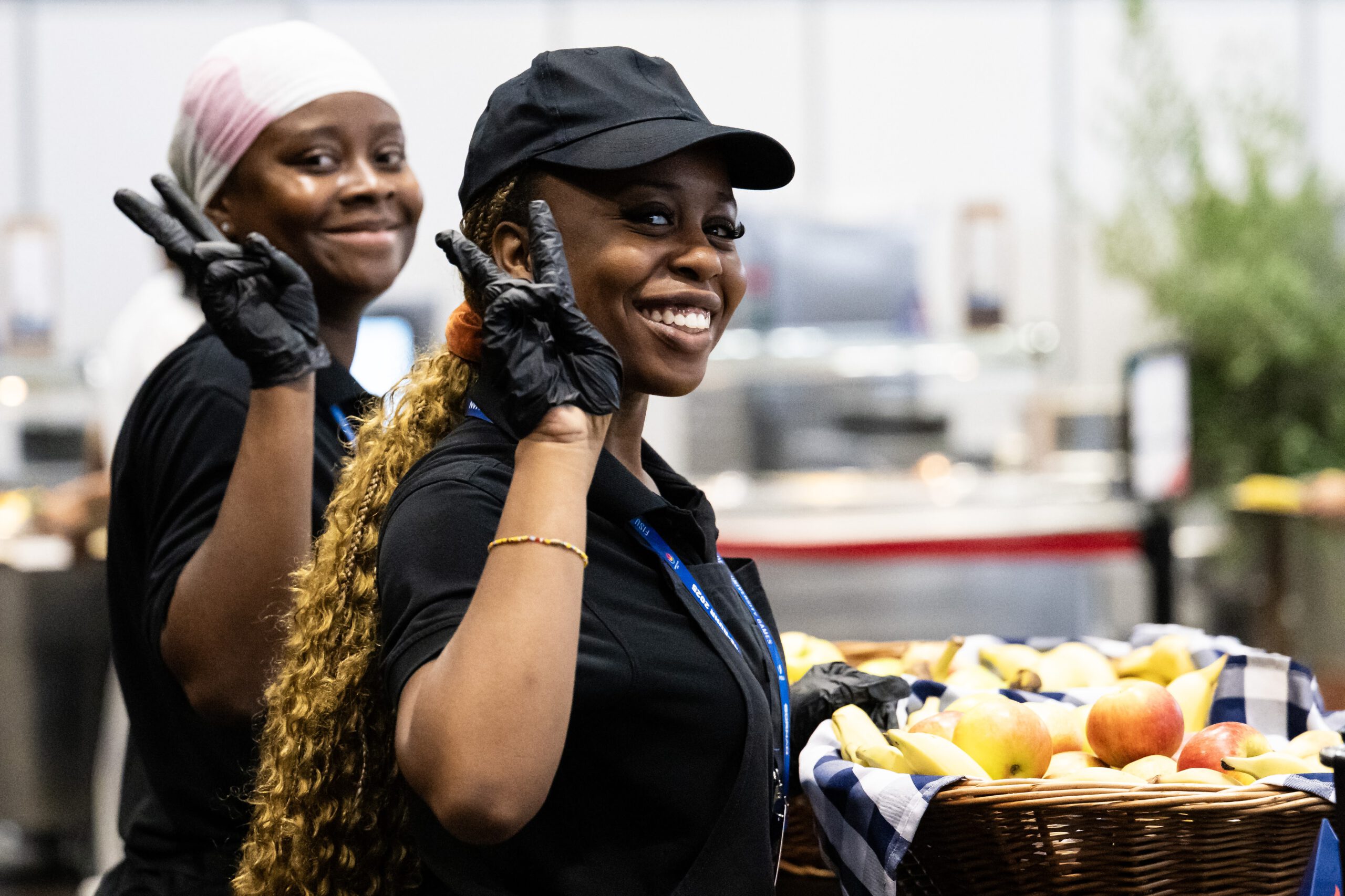
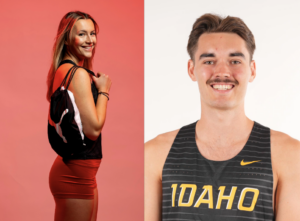
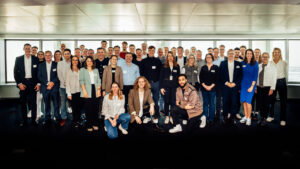

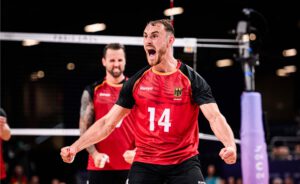

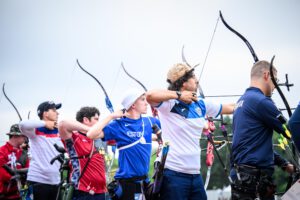
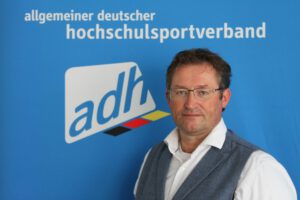
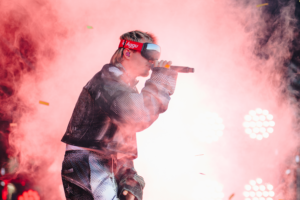
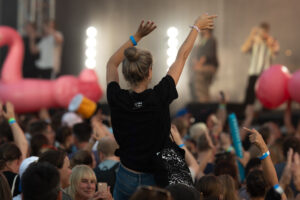
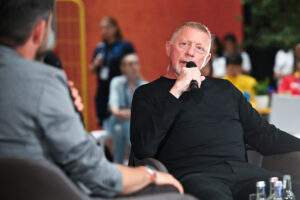
Post Comment